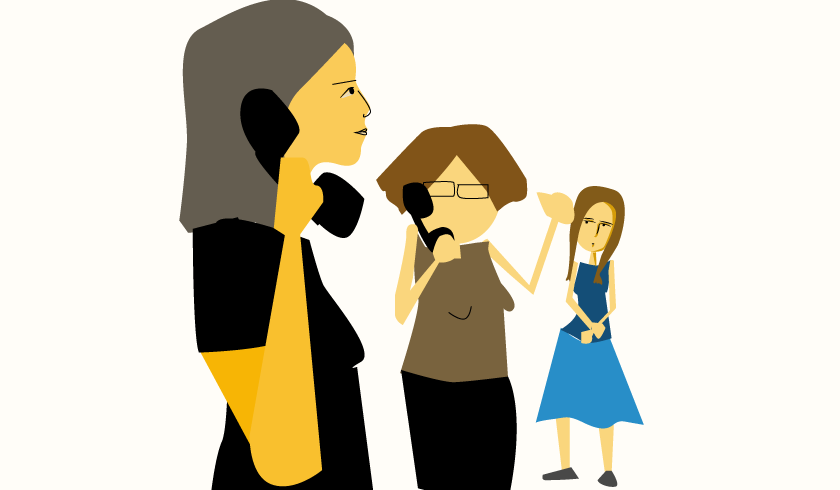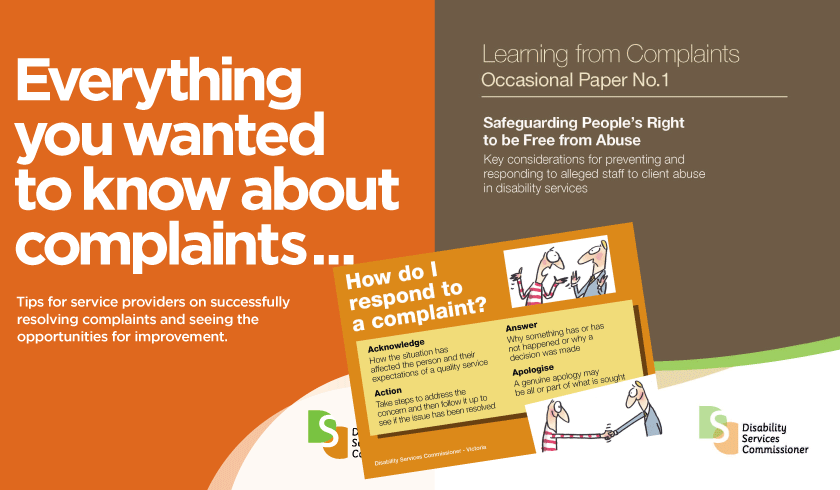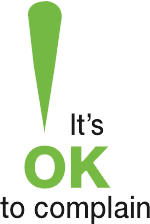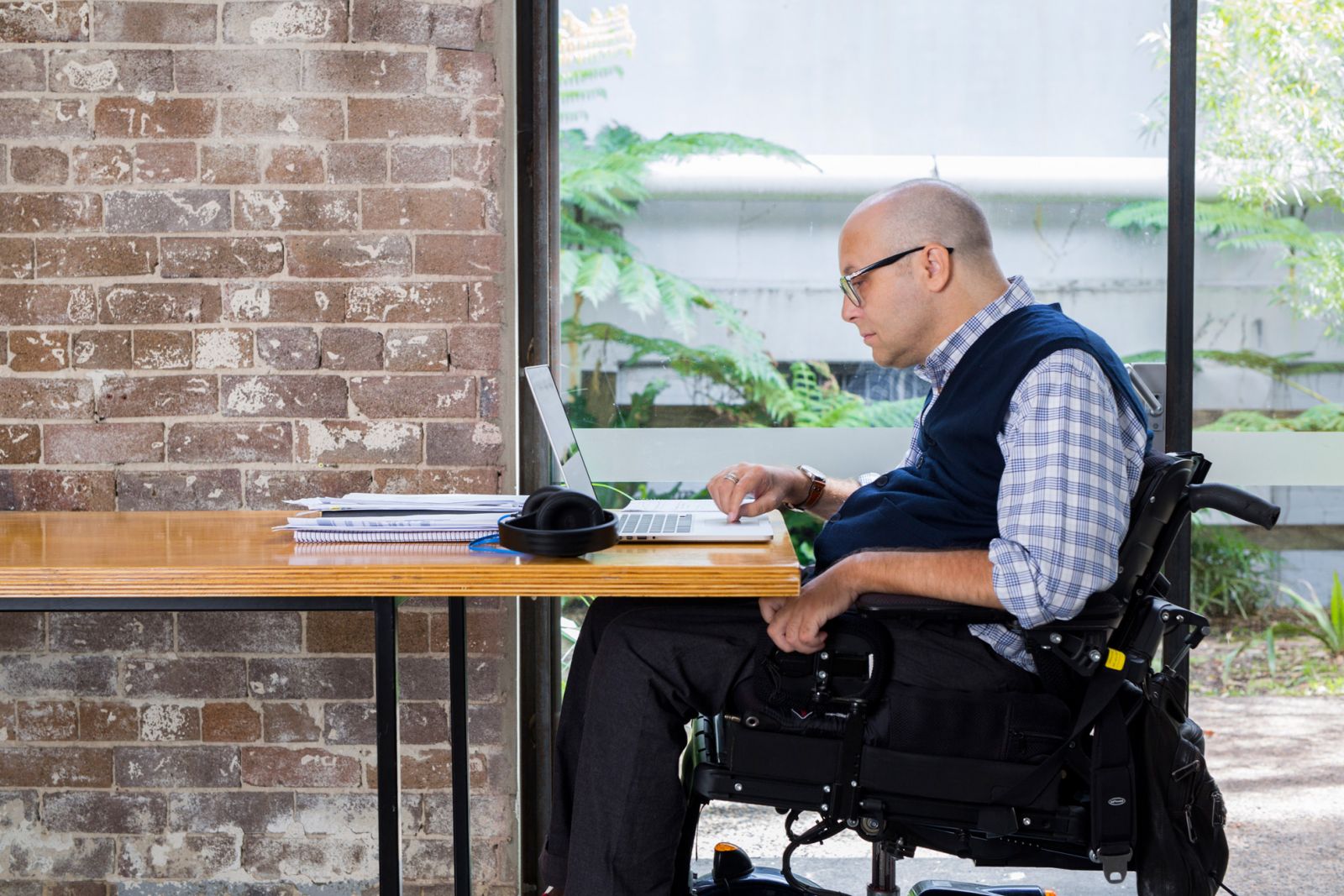Recent changes to the Disability Act 2006 in 2017 have strengthened DSC powers to investigate allegations of abuse and neglect in Victorian disability services.
Amendments to the Act also require us to support the Victorian disability sector to prevent and respond effectively to allegations of abuse and neglect through the provision of education and information.
The changes to the Act were part of the Victorian Government’s response to the 2016 Parliamentary inquiry into abuse in disability services.
Definitions
Abuse means any of the following:
- Violation of an individual’s human rights resulting from the actions or inactions of any other person or persons.[1]
- Violent behaviour towards a person that is physically[2], sexually[3], emotionally, psychologically[4] or economically abusive.[5] It includes behaviours that are threatening or coercive, or in any other way control or dominate the person and cause that person to feel fear for themselves or another person.[6]
- Restrictive interventions (such as chemical restraint, mechanical restraint, and seclusion), and forced treatment and interventions that are not authorised or permitted by legislation or an order from a relevant Court or Tribunal.
Neglect means unreasonably failing to take care of a person’s physical, psychological or financial wellbeing. This may include any of the following:
- Physical neglect – the failure to provide adequate food, shelter, clothing and protection.
- Medical neglect – the failure to provide medical or dental care.
- Emotional neglect – restricting the social, intellectual and emotional growth or wellbeing of a person.
The Commissioner considers both abuse and neglect to be a form of violence.
Related pages
Resources
References
[1] Office of the Public Advocate, Interagency Guideline for Addressing Violence, Neglect and Abuse (IGUANA), p. 2.
[2] Physical abuse is the direct or indirect application of force to the body of, or to clothing or equipment worn by another person where the application of force may inflict bodily injury, pain, discomfort, damage, insult or deprivation of liberty – see for example, Personal Safety Intervention Orders Act 2010, s. 6.
[3] Sexual abuse is physical abuse of a sexual nature and includes all of the offences under Subdivision 8A, 8B, 8C, 8D, 8E or 8EAA of Division 1 of Part I of the Crimes Act 1958.
[4] Emotional or psychological abuse is behaviour that torments, intimidates, harasses or is offensive to a person – see for example, Family Violence Protection Act 2008, s. 7.
[5] Economic abuse is coercive, deceptive or unreasonably controlling behaviour that denies a person economic and financial autonomy; or the act of withholding or threatening to withhold the financial support necessary to meet the person’s reasonable living expenses- see, for example Family Violence Protection Act 2008, s. 6.
[6] Office of the Public Advocate, Interagency Guideline for Addressing Violence, Neglect and Abuse (IGUANA), p. 2.













